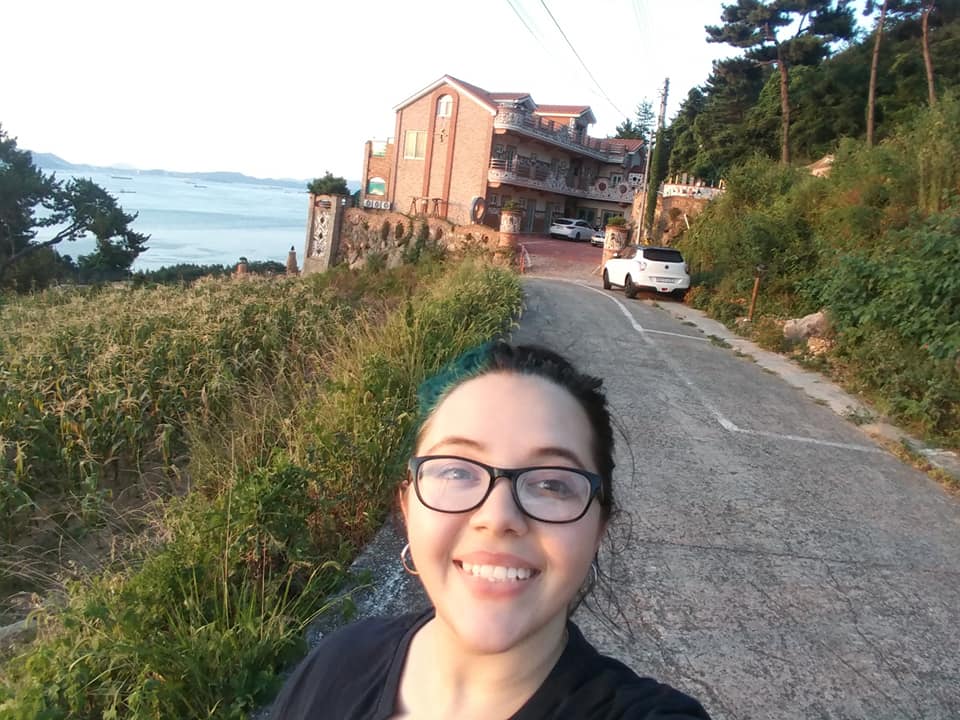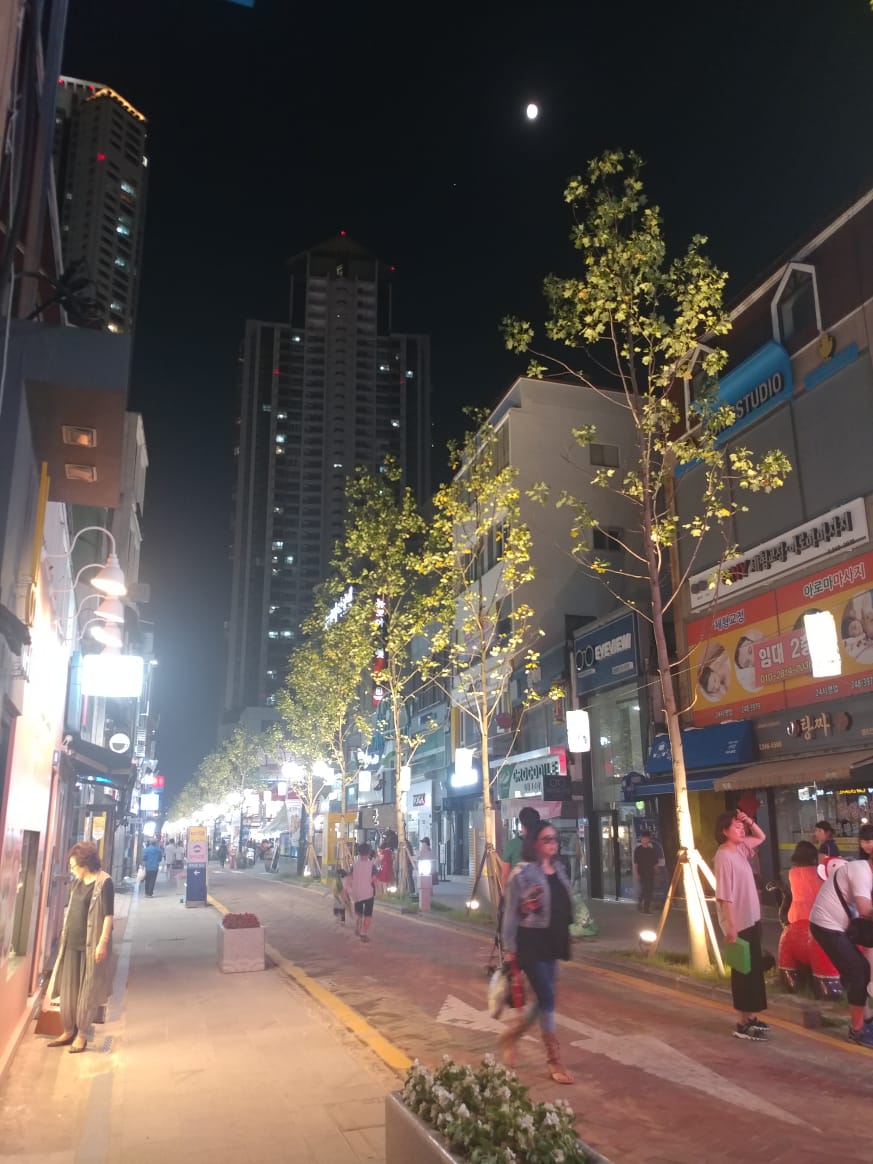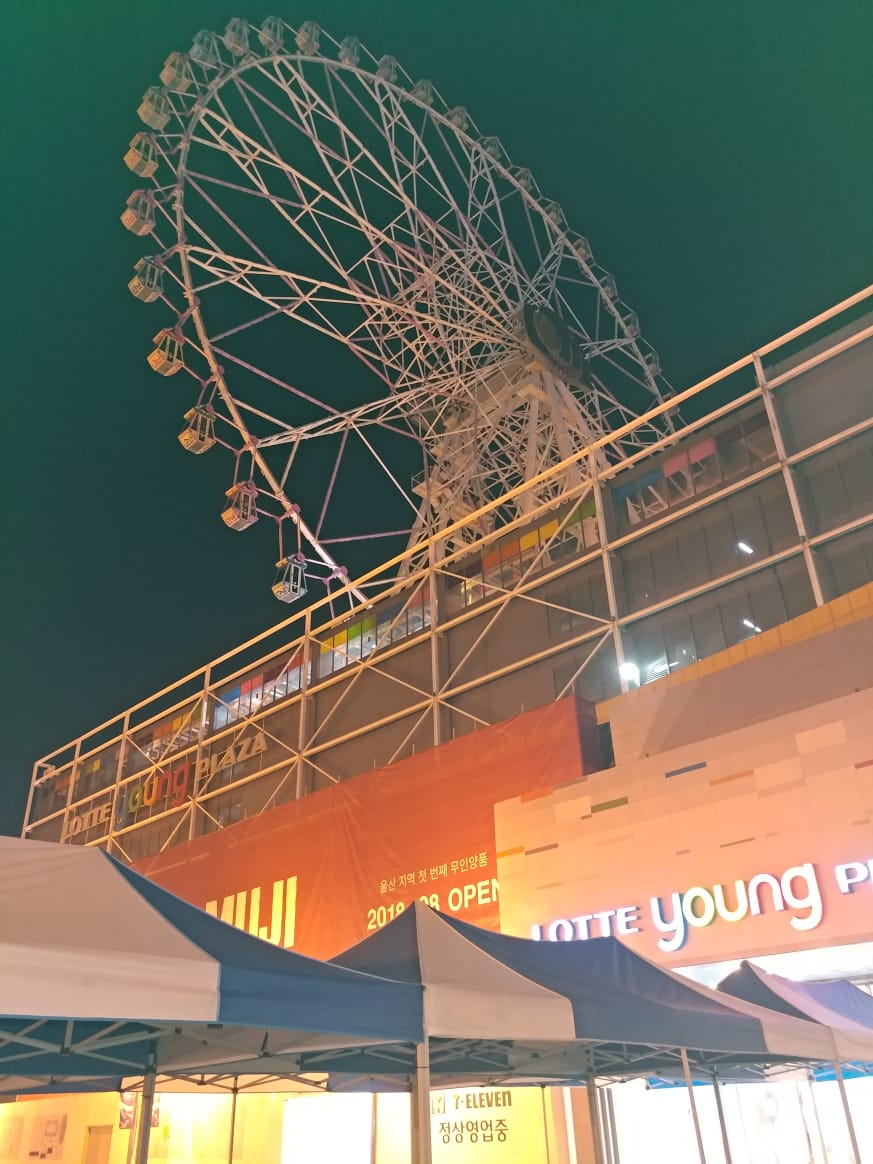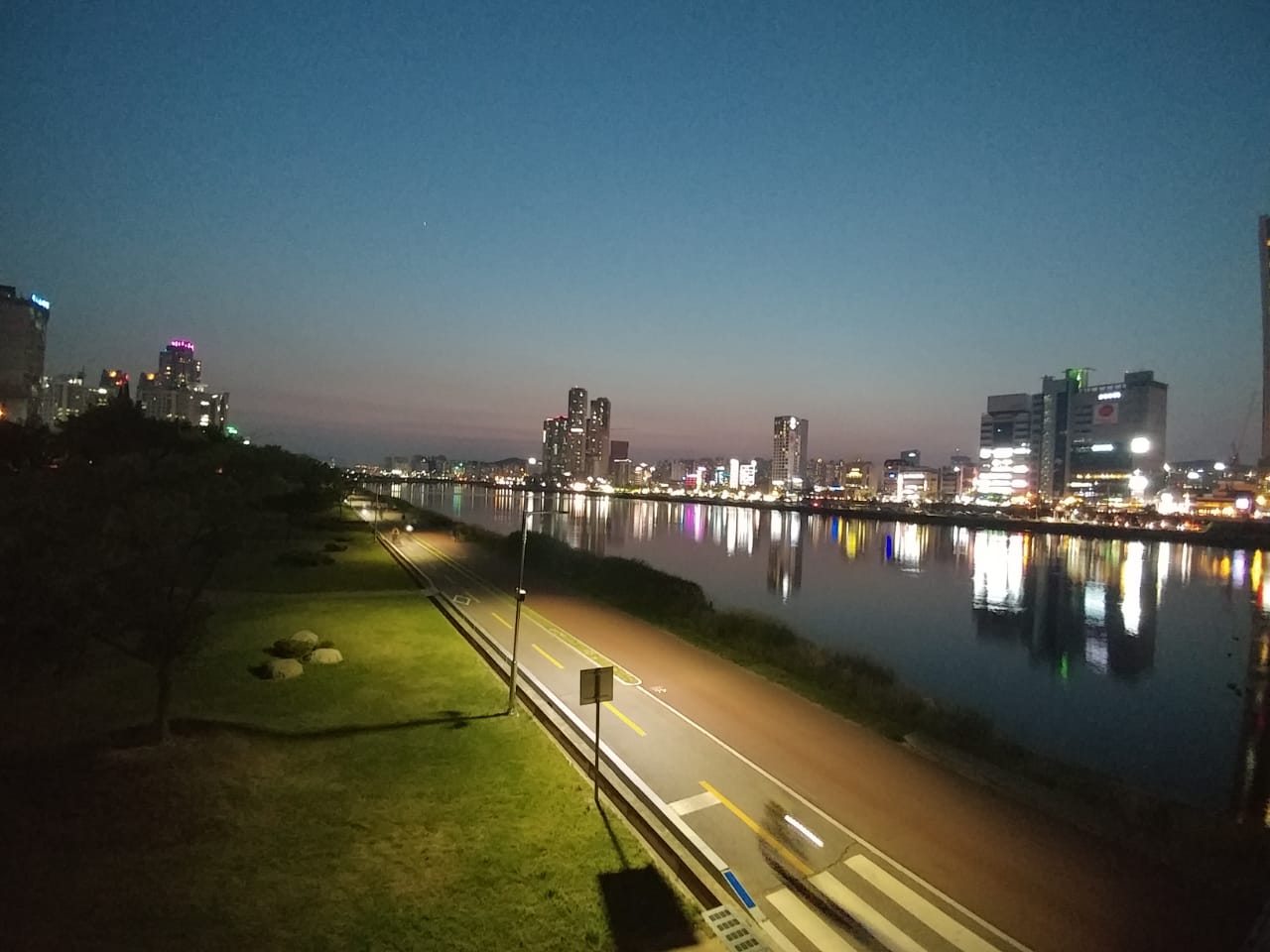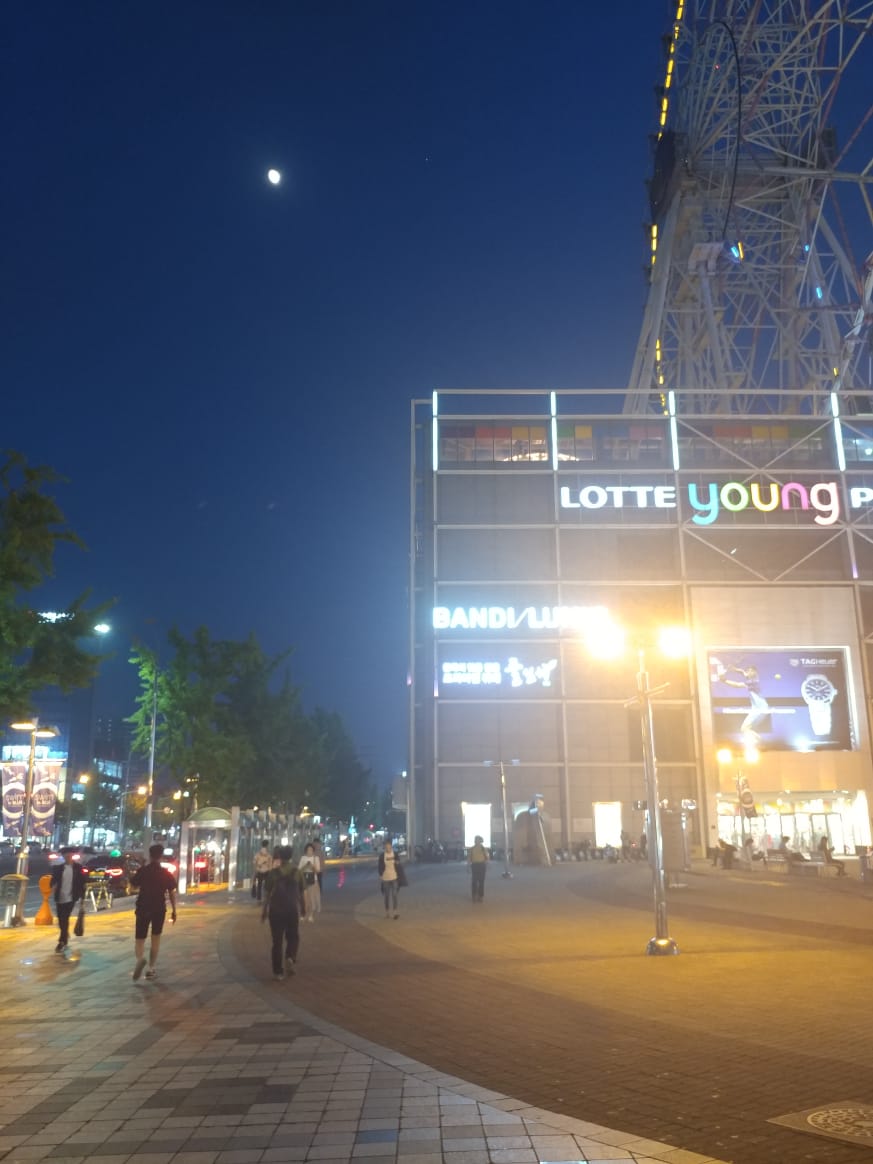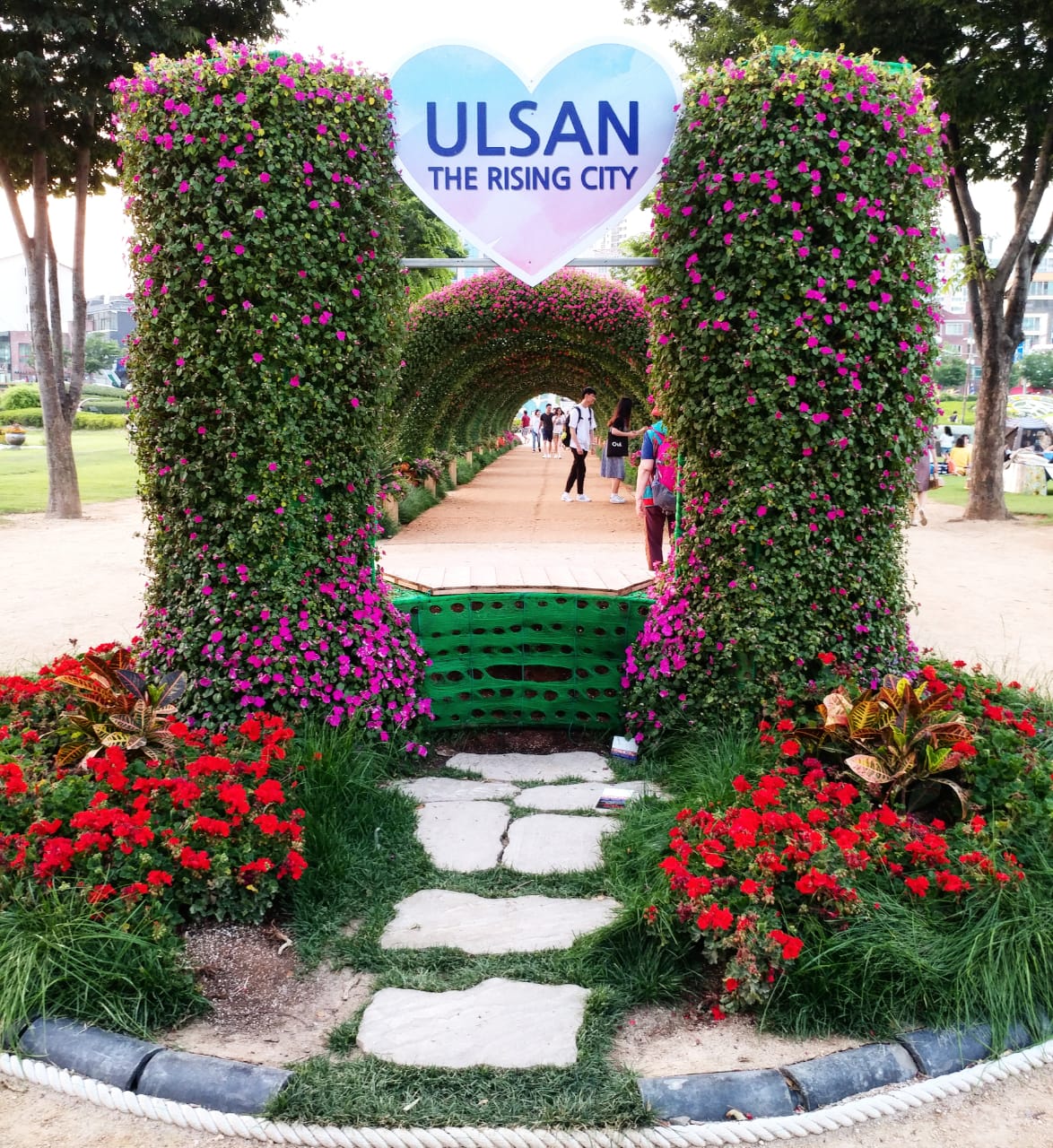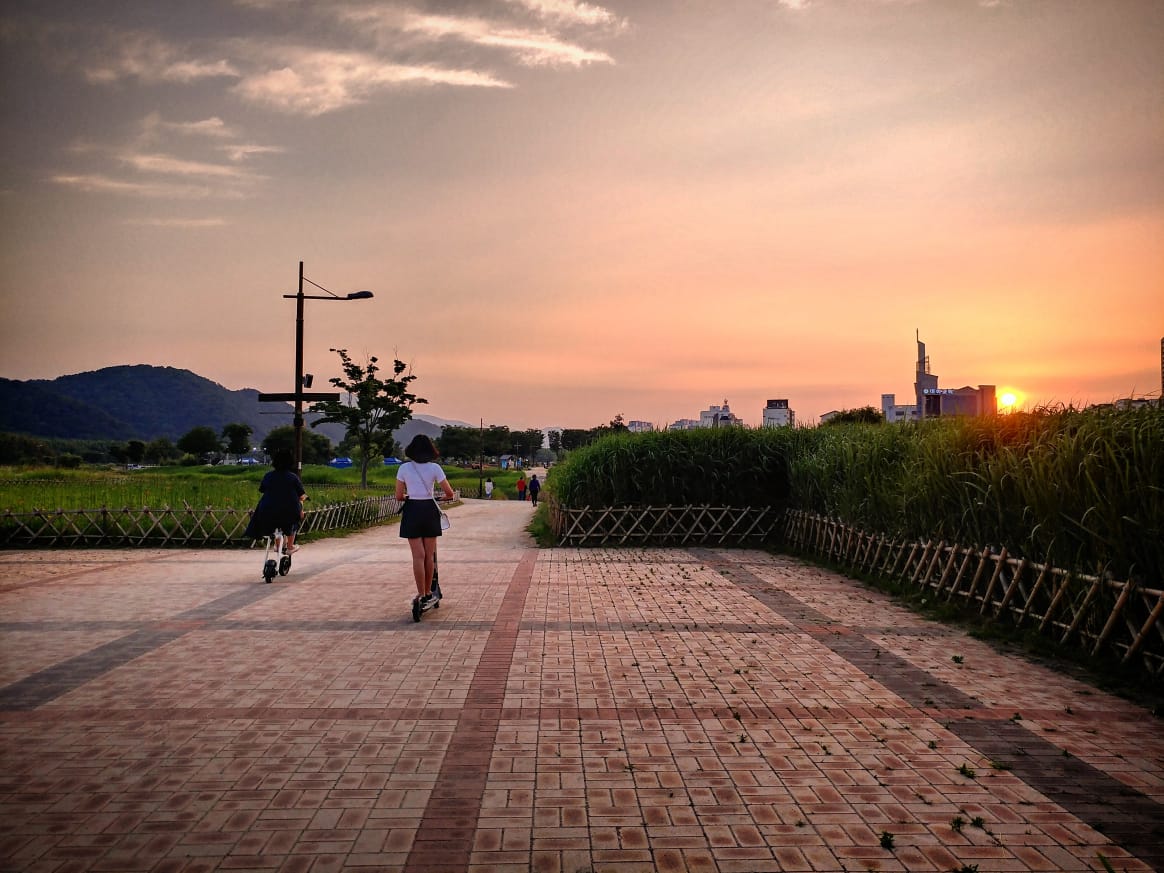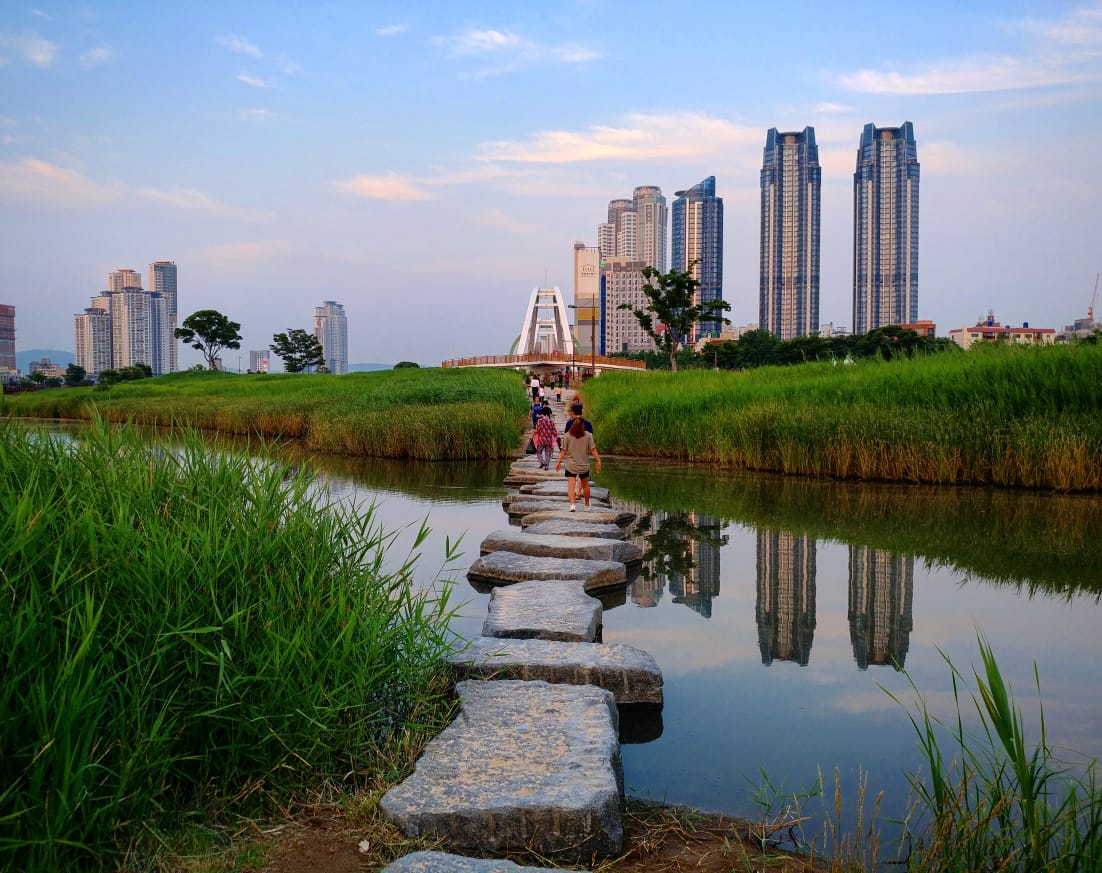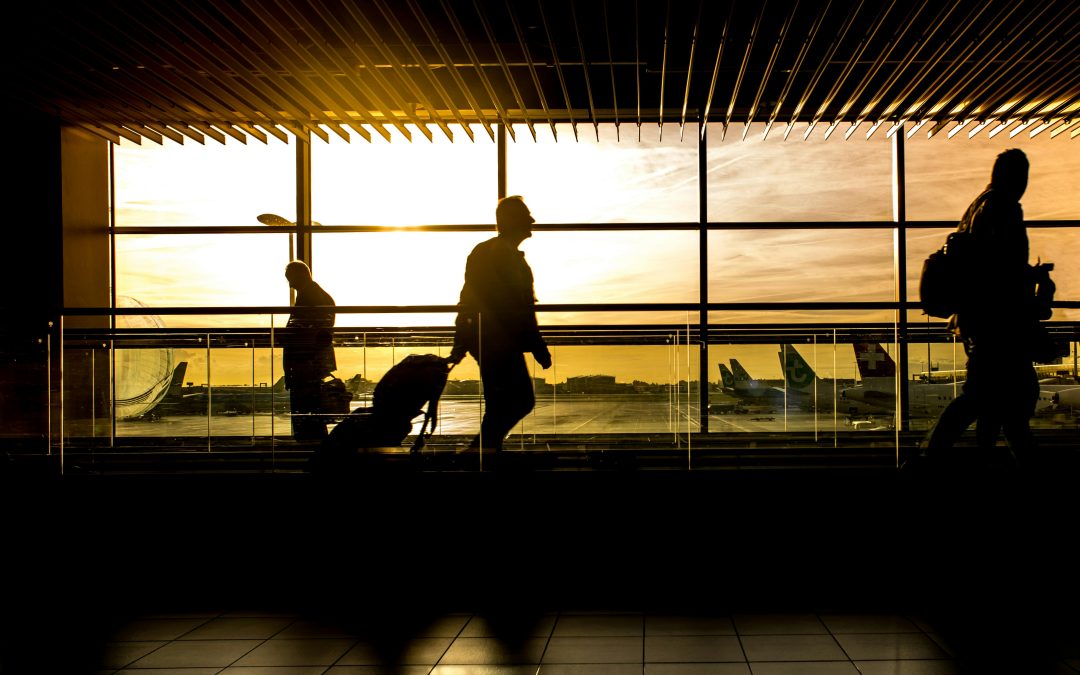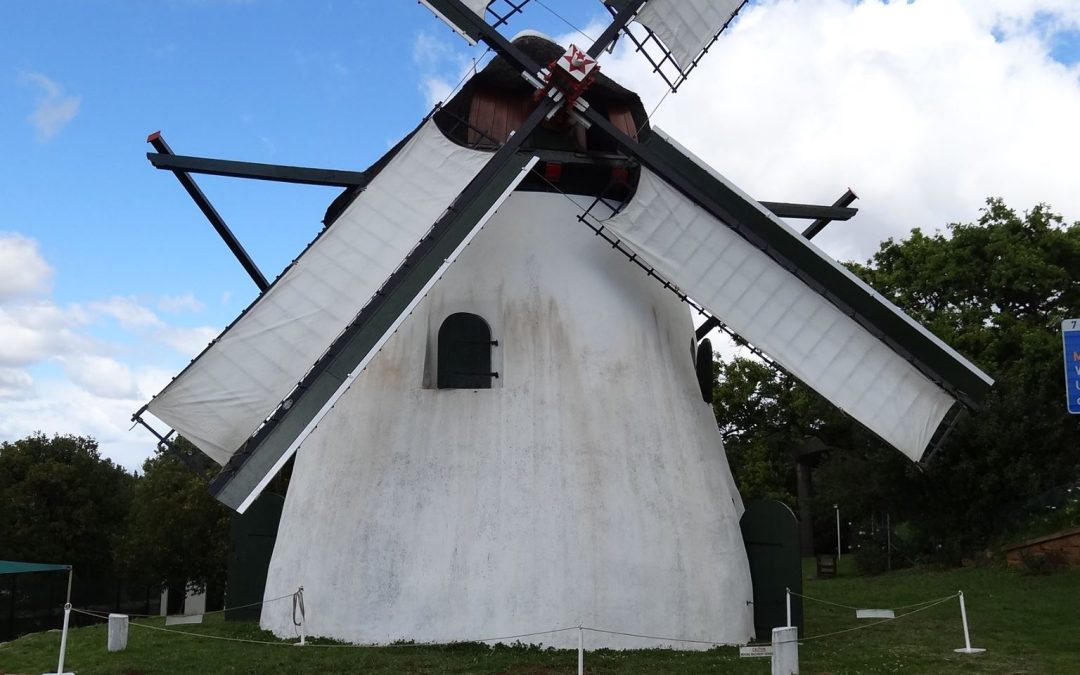Out and About is a column where we talk to people abroad or who have lived and worked abroad. This week we chat with Alecia Meiring, who lives in Ulsan, South Korea.
Tell us more about yourself and where you live.
I’m Alecia Meiring, a 23-year-old cat and music lover. I enjoy meeting new people, travelling, and the arts in all shapes and forms, from theatre to music and the written word. I double majored in English Studies and History at the University of Pretoria and graduated in 2017. I’m currently living in Ulsan in South Korea. It is South Korea’s seventh-largest metropolis and well-known for being an industrial powerhouse. My apartment is in downtown Namgu (its name means “South Ward”).
What do you do there?
I am an English Second Language Teacher and a Debate and Creative Writing Instructor for a Hagwon. A Hagwon offers supplementary after-school programmes and classes. I am teaching middle to high school children – except for one elementary class whose English is advanced beyond their school level and who want to improve their writing and debating skills. In the words of my Korean co-teacher: “Like a teacher, but a fancy teacher.”
Was it difficult to adapt to a foreign country?
I think in a sense leaving home and starting over somewhere new will always be difficult, no matter who you are or from where you are. The key to adapting to a foreign country is an open mind and an open heart, a willingness to learn and make mistakes, and a sense of adventure! For me it wasn’t too hard to adapt to living in Korea. I’ve visited the country before and I have some Korean friends in South Africa and abroad; that had helped me prepare for living in Korea long before I even knew I was going to do so.
What are the best and worst adventures you have had there?
The best adventure so far would be my Saturday trip to the Taewha River the first week I landed. I’m lucky enough to be a brisk 15 minutes’ walk away from the river. It flows through Ulsan and has a wonderful walking trail you can follow for miles on end. The view from the river is beautiful during sunset, and the government was kind enough to add little speakers playing soft, slow melodies along the walkways to soothe your mind after a busy week of hustling spent in the workforce.
The worst adventure so far was my unfortunate discovery that Korea tends to make things that should not be sweet, sweet – from “salted” chips to bread. I was excited to find some inconspicuously normal-looking hotdog buns, some cheese and sliced ham at a grocery store and headed home genuinely excited for a good melted cheese and ham sandwich. What I had was a sandwich so sweet, I might as well have been having dessert. Korea, why did you betray me like this? I thought we were friends?
What do you miss most about South Africa?
I never thought I’d say this, but I miss biltong already! I also have late-night cravings for Astros and a can of Cream Soda – neither of which you can find in Korea. Also, bread. I miss a good piece of toast without feeling like I’m eating dessert for breakfast. Another thing I miss is people greeting you in the elevator. I’ve spent many awkward elevator rides in deathly silence, just itching to greet someone and not get a weird look in return. It’s part of Korean culture to not converse with strangers! It is, however, polite to give a silent nod or bow of the head to any elders while avoiding eye contact if you are feeling friendly that day.
What was the strangest thing to get used to in your new country?
My Korean co-teachers are very touchy-feely. Except for my director, we are all females at my workplace, and they have no issue with casually grabbing your hand or resting their head on your shoulder during breaks. They hug me quite often and like playing with my hair. The kids too; even the older high school boys will hug me occasionally or hold my hand, walking to and from class. It’s heart-warming but can be a bit alarming if you are not used to it. “Skinship” is the term used here for this display of affection, and it’s completely normal for girls to often be seen walking hand in hand down the street, boys and men to have an arm slung over one another’s shoulder and even any close friends to walk around with arms interlinked. I have many boys in my class just holding hands or hugging each other freely; the girls will link arms and often rest their heads on each other’s laps in between classes. It’s the Korean way of showing someone you like them and enjoy their company. It’s often considered rude if you turn down a display of skinship since you are basically telling them you don’t want to be friends with them.
What do you enjoy most about South Korea?
The food is by far my favourite thing about South Korea! You have not lived until you’ve had a proper Korean meal, including all the various healthy and delicious side dishes that are served along with it. As a lover of spicy foods, Korea is right up my alley. Some dishes leave grown men here crying and the now internet famous “fire noodle challenge” originated here as a way for friends to see who had the highest spice tolerance. It’s ridiculous. I love it.
Are you going to return to South Africa?
For the time being, I’m pretty set on teaching only one year in Korea and then in a few other countries, but the ultimate plan is to return to Korea and settle here. I don’t think I will return to South Africa in the future, but who knows what the future hold. Nothing is ever truly set in stone, so it’s hard to say for certain.
Was it easy to find your feet there?
The start was a bit rough. You are starting over in a brand-new country with nothing but the bags you brought from home. The first month was a bit tough getting used to buying the necessary things for my apartment and learning how to cook with new ingredients. Now I feel a lot more comfortable. I’ve made some wonderful friends and I’ve realised that I can survive on my own here. Pro tip: do read up on the culture and the area you will be staying in and learn at least a few of the basic words in the language. Learning the language as much as you can in advance can only help.
Is the cost of living more expensive or pretty much the same as in South Africa?
The cost of living in South Korea is higher than in South Africa but I don’t feel the effect as much as I initially thought I would. The cost of eating out at local restaurants are cheaper than in South Africa. Eating out is a very big social activity in Korea, and the bill is usually split evenly between everyone present. More often than not it’s very cheap. Grocery shopping can be a challenge; a lot of brands we know and love are not available in South Korea and you have to go through a trial-and-error system to find a replacement for your favourites as well as learn to live without some things. You can find Western products and brands in some department and grocery stores, but you will be paying a lot more for them than back at home. Another hidden gem is the little grocery marts you might find tucked in corners and hallways, run by locals. They grow vegetables and fruits and it is usually cheaper than buying at a grocery store. If you know some Korean and can haggle, you might even get one of the “ajummas” to give you a discount!
Do you often get the chance to travel? If so, where do you like to go?
I don’t really have the chance to travel too much. I work all week for most of the year and have a maximum of 10 days paid leave, excluding public holidays. I am going on a little vacation trip for the next holiday with another South African teacher here. One must make do with weekend trips for travel and sightseeing. Since Ulsan is not located in central Korea, I can’t explore too many “famous” Korean cities like others in Seoul or one of the more central cities might be able to do, but I am close to a lot of the seaside cities like Busan and Pohang. I’m also surprisingly close to Japan so I might take a trip to Japan soon!
With a busy schedule like yours, do you ever get some time to relax?
I do get some time to relax. Weekends are the ultimate ESL teacher downtime. I usually get up very early and do a lot of things before I need to go to school during the week, but weekends are for meeting up with friends, going out, strolling around the city or just staying at home and sleeping in if you feel like it.
What does your typical day look like?
A typical day is a mix of chaos and organisation. I usually wake up around 7:30, get up and take a shower and go through my usual morning routine. I make sure to eat something for breakfast before 8:30, but if I’m meeting up with a friend for lunch I might skip the breakfast since lunch is pretty filling over here. I then set about to either do some grocery shopping, walk around the neighbourhood or by the riverside, or if it’s as hot as Ulsan has been this summer, I stay inside and thank the inventors of air conditioning. I must be at work at 13:30 for prep before class starts but I like to show up a bit earlier and usually sit down at my desk by 13:10. From 14:00–16:00 I have my first classes for the day. These are the younger and lower-level middle school kids. From 16:10 to 18:30 are the advanced middle school and lower-level high school classes. My final teaching slot is 18:45–21:00 for the advanced high school kids. The last slot tends to be my favourite as these are “specialised” classes in either debate, spoken English, or creative writing. I usually finish up my work for the day around 21:20 and start the walk back home. Depending on the weather, my motivation and if I had to work a bit later, I usually get back to my apartment around 21:40. From 22:00 on weekdays I usually finish up lesson plans and mark essays, debate scripts or workbooks. Some days I have nothing to finish and I might meet up with a friend for coffee or a walk along the river. In the summer heat most of the population are reluctant to leave their cooled apartments, so I’ve spent many a night catching up on series movies or indulging in my guilty pleasure of watching Exo videos till bedtime rolls around. I usually get into bed around 00:30.
Is there anything you would like to add?
Please check out Exo’s music videos. I love them; they are brilliant. If you like catchy tunes and ridiculously pretty men serenading you, you’ll be in heaven. Fun fact: the group you saw performing at the Olympic closing ceremony was Exo. They are a pretty big deal here in Korea. They are called the nation’s pick because they are so loved and respected. Give them a go and thank me later.

